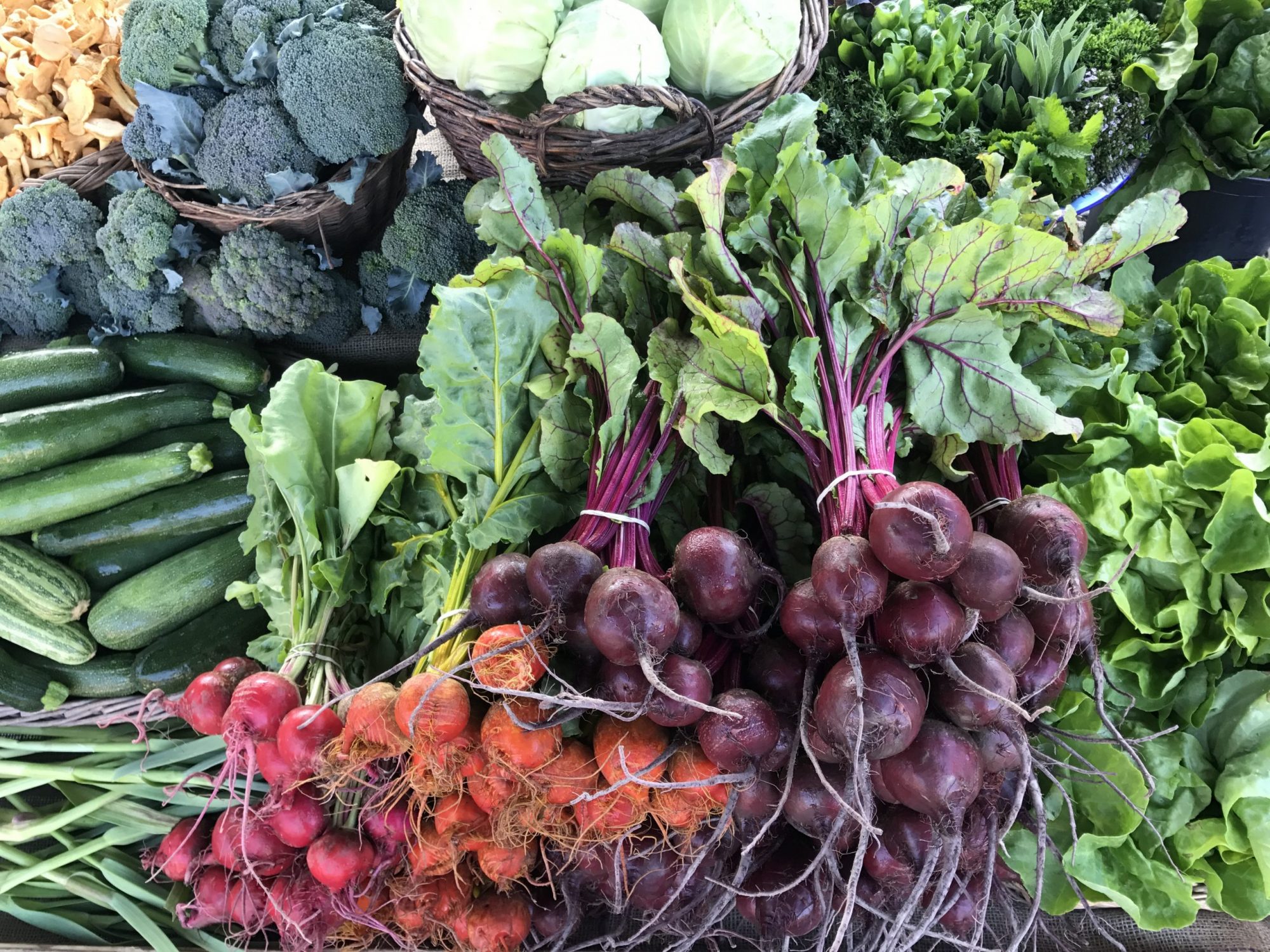Food Manifesto
21.2.2022
A number of Finnish CSA initiatives is launching this Food Manifesto in Finland in order to put the spotlight on what working around our food and our food system can give to us, and to highlight the role that community supported agriculture (kumppanuusmaatalous) initiatives can play in this.
Food is a core societal thing. Food is what brings us together on a daily level. When our food system is in our hands, it gives us possibilities to work towards systemic change in society.
How food is produced, distributed and consumed bears on its carbon and hand print, on energy, whilst it also enables more healthy, just and fair societies, locally and globally.
Community Supported Agriculture (CSA) is a form of organising around our food working towards that. CSA refers to a diversity of approaches that all aim to strengthen farmer-eater relationships. At its cores stands the principle of the sharing of risks and benefits. CSA is empowering for both the community and the farmers and offer solutions to common problems facing producers and consumers worldwide:
1. Fair local food systems are an efficient tool to restore local food sovereignty for all regions and communities worldwide.
“Food sovereignty is the right of peoples to healthy and culturally appropriate food produced through ecologically sound and sustainable methods, and their right to define their own food and agriculture systems. It puts the aspirations and needs of those who produce, distribute and consume food at the heart of food systems and policies rather than the demands of markets and corporations.”
One of the main roots for the current food crises, as well as for social unrests more generally, is that farmers alone have been shouldering the risks of the increasingly ruthless global market. CSA offers more hopeful alternative to this downward spiral, and is the only model of farming in which consumers consciously agree to share the risks and benefits with the farmers.
2. With other short supply chains, CSA schemes are a very efficient way to defend health through food and to fight against many forms of malnutrition.
In establishing direct and trusting relationships between farmers and consumers, people have access to fresh and sustainably produced food.
This was what first motivated Japanese women in the 1960s, confronted with the dangers of industrial and agro-chemical pollution, to get together with small-scale farmers to create the first Teikeis to distribute food locally. Food, which is healthy, safe, nutritious and minimally processed without pesticides and various additives and available at an affordable price.
3. CSA represents a relevant focus for triggering civic responsibility in economic relations and for setting up a social network of solidarity between farmers and consumers, building more socially just and sustainable communities trading on fair terms both with neighbours and with people in distant regions.
Indeed, for CSA to be more than just another direct marketing scheme, the growers and the eaters, as they sometimes call themselves, need to work together to create local social/economic forms, based on trust, which encourage initiative and self-reliance, share the risks of agricultural production, share information, are human-scale and efficient, charge according to needs/costs (not market).
4. Addressing environmental and climate change issues seems to be an almost natural outgrowth of the CSA concept, which is based on cooperation and harmony with nature.
CSAs are part of the economy relocation movement for fewer food miles, less packaging and ecologically sensitive farming, reducing energy waste and pollution. Consumers are supporting the blossoming of family-run farms that do not depend on fossil or imported energy, encouraging proper land stewardship by farmers towards low or no chemical inputs, greater biodiversity, conservation of landscapes and cultural heritage, in particular for future generations.
5. The Finnish CSA network (Suomen CSA-verkosto) is a member of Urgenci International CSA network. As members of the Urgenci international network we believe that the flexibility of CSA allows for many inventive and meaningful combinations, building sustainable communities and constructive alliances among as many different groups and perspectives as possible.
Translating CSA to other landscapes and mentalities, which are vastly different in scale, available resources and culture, is a challenge. The model has certain core principles based on sustainable, fair and ecological practises that are similar no matter where or how it is practiced but at the same time, it is largely an evolving and highly adaptative process.
As members of Urgenci we are also wanting to engage cooperation with sustainable agriculture/small-scale farming movements from the Global South. Struggles for food souvereignty, selfsuffiency and sustainable local economy building are profoundly interconnected globally.
In writing this manifesto, Urgenci’s vision and mission were applied.
Signed onto by :
Kaupunkilaisten oma pelto, Vantaa
Osuuskunta Oma Maa, Tuusula
Keskikosken tila, Siikajoki
JuurikasJKL, Jyväskylä
Livonsaaren Osuuspuutarha, Naantali
Hunajalähde Oy, Lapinlahti
Jalotus ry, Kerava
Green City Farm, Helsinki
Niipalan tila, Hollola
Omppu Tonttu Luomutila, Orimattila
Tuiskula Farm, Siuntio
